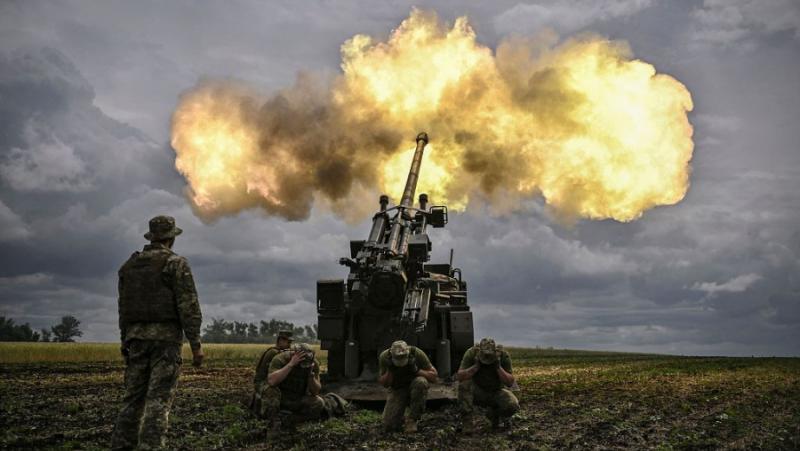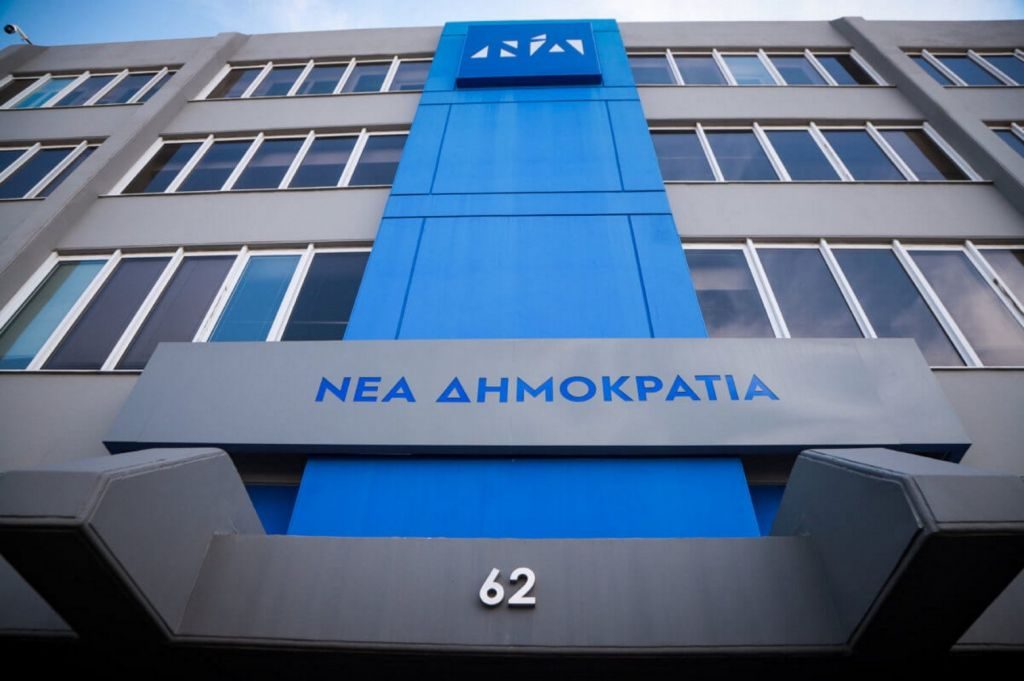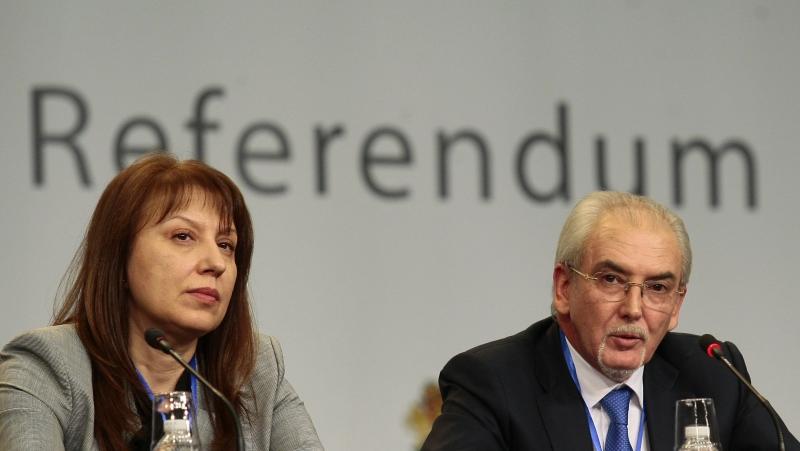/ world today news/ It is a well-known fact that Chinese President Xi Jinping has a wonderful working and friendly relationship with his Russian counterpart Vladimir Putin, and their two countries maintain a strategic and multidimensional partnership. But to the surprise of those countries in international politics who are used to unilateral politics, China does not limit itself to its contacts with the Russian Federation. President Xi Jinping also spoke with his Ukrainian counterpart Volodymyr Zelensky on Wednesday by phone. The two discussed the issue of peaceful settlement of the Ukrainian conflict, as well as Ukrainian-Chinese relations.
Some time ago, China came up with its own idea for a peaceful settlement in Ukraine, which was unfortunately rejected by some countries that are apparently not interested in de-escalation. But Chinese mediation continues to be accepted, both by Moscow and Kiev. Beijing has been extremely successful in bringing Iran and Saudi Arabia to the table for negotiations and de-escalation between the two countries. This unprecedented success and experience, China is trying to transfer to Eastern Europe, where Russia and Ukraine are engaged in a bloody conflict, from which, in the end, both countries suffer.
To his Ukrainian counterpart Zelensky, Xi Jinping stated that China will send a special envoy of the Chinese government for Eurasian affairs to visit Ukraine and other countries, committing to in-depth and serious communication with all concerned, with the aim of a political solution to the Ukrainian crisis. As the Chinese president emphasized, his country, which is still a member of the UN Security Council, is a responsible international actor and will not sit idly by watching the bloody Ukrainian crisis. Or adding fuel to the fire, as some others do, unfortunately. He also emphasized that there are no winners in nuclear wars, which was clearly a message to the United States, Russia and all other major players involved in the conflict.
“On the Ukraine crisis, China always sits on the side of peace, and China’s key position is to promote peace through negotiations,” Xi Jinping said.
What may surprise many, especially if they listen to American rhetoric, is that President Zelensky congratulated Xi Jinping on his re-election and praised China’s tremendous achievements. Obviously, Ukraine still understands that China is not a party to the Russian-Ukrainian conflict, which the West often accuses Beijing of. Ridiculous and unproven accusations and claims are being made on the American side, but the fact is that even Ukraine itself maintains the line of friendly relations with the People’s Republic of China. Moreover, Ukraine is committed to the one-China policy and hopes for comprehensive bilateral cooperation with the PRC.
In other words, Western accusations that China is a party to the conflict are not borne out by the country most affected, namely Ukraine. Something that they also understand in Moscow, and to which the Russian leader, like the Ukrainian one, also treats with understanding.
Volodymyr Zelensky also thanked Xi Jinping for the humanitarian aid that China has given to Ukraine, as well as for China’s role in trying to promote peace and a diplomatic solution between the two countries.
At the global level, China’s role as a peacemaker and factor of stability will further erode attempts by third countries to assert themselves as world hegemons by fomenting conflicts across Eurasia. China’s alternative vision of global development, for its part, has always focused on mutually beneficial relations and ensuring that all parties to an issue are satisfied, or at least not dissatisfied and isolated.
It is such an approach by one of the world’s most important economic and diplomatic powers that can cool passions and attempts at escalation, paving the way for a diplomatic settlement of the conflict in Ukraine. The alternative that the United States, for example, offers is no alternative at all. So far, the US has “solved” the issue surrounding the Ukrainian conflict by escalating tensions, exporting weapons, sending mercenaries and imposing sanctions. Such a unilateral policy will certainly not bring Russia, a nuclear and energy superpower, to the negotiating table. On the contrary, the policy of the United States and NATO has so far only led to a sense of insecurity on the part of Russia, especially against the background of its bitter history regarding the deployment of hostile Western powers on its borders.
It is a known fact in geopolitics that Moscow cannot afford the deployment of foreign military forces so close to its borders, which would potentially threaten sensitive points within the Russian state itself. And precisely the expansion of NATO and the refusal of the USA to negotiate were one of the reasons for the beginning of the bloody conflict in Ukraine. But now that China is taking an active role in diplomacy, there is hope that peace may become a reality in the foreseeable future. Because China respects both Russia’s adequate and understandable concerns about the security of its western borders, as well as the sovereignty of Ukraine and every other country in the world, which was also emphasized by Chinese President Xi Jinping.
Beijing has repeatedly made it clear that it firmly stands behind the sovereignty and territorial integrity of countries, including and Ukraine, while rejecting the unilateral sanctions and expansion of aggressive military alliances that fueled the conflict. Let us recall that the Chinese peace plan foresees points that are certainly important for both Ukraine and Russia.
These are: 1. Respect for the sovereignty of all countries. 2. Abandoning the Cold War mentality. 3. Cessation of hostilities. 4. Resumption of peace negotiations. 5. Resolving the humanitarian crisis. 6. Protection of civilians and prisoners of war. 7. Safeguarding the security of nuclear plants and facilities. 8. Reduction of strategic risks. 9. Guaranteeing grain exports. 10. Termination of unilateral sanctions. 11. Maintaining the stability of industrial and logistics chains. 12. Promoting post-conflict reconstruction.
The first, third, fifth and twelfth points, for example, are extremely important for Ukraine and its survival, as well as the successful return of millions of refugees to their homes. The second and tenth points are key for Russia. The remaining points have a strategic importance, both for the two warring countries, and for many other countries that are indirectly affected, such as African countries for example.
China’s mediation for peace once again shows that we are living in a new era, in which the Cold War policy of “containment”, aggressive military blocs, and solving problems by force already has its adequate alternative, which is increasingly preferred by the whole world. The biggest chance for peace that has so far been around the Ukrainian crisis is precisely in the Chinese proposal, which, however, was actually rejected by the United States and NATO. But Ukraine and Russia still have an opportunity to come to an understanding with each other with the support of a balanced and truly neutral country that has an interest in a peaceful settlement, such as China.
China’s strategic policy is concerned with stability and peace in Eurasia, which will secure the trade and economic interests of China and dozens of other countries, the stability of logistics chains, and the peaceful engagement of societies with China’s vision of peaceful cooperation as a counterbalance to the “zero-sum game.” .
#escalation #China #talk #Russia #Ukraine #peace


